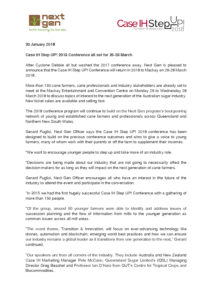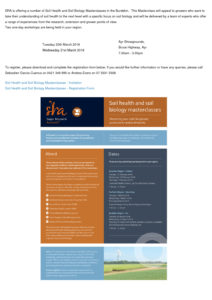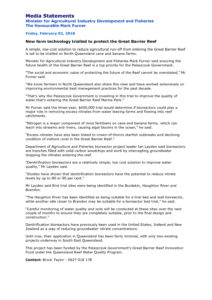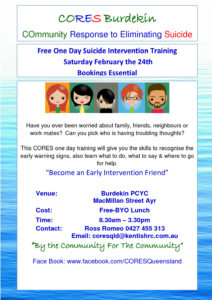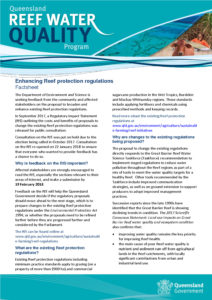Sugarcane nitrogen rate mate tool launched
Canegrowers now have a new online tool at their disposal to help with calculating nitrogen costs.
The ‘Sugarcane Nitrogen Rate Mate’ has been developed by the Department of Agriculture and Fisheries (DAF) as a step-by-step guide to help growers to calculate nitrogen rates, cost savings and more.
DAF agricultural economist, Samuel Cook said growers could save money by monitoring their nitrogen use more closely and changing their method of calculating fertiliser rates.
“By using the tool, it will help growers analyse the impact of nitrogen use on farm profitability,” Mr Cook said.
“Growers undertake a simple and quick assessment of their nitrogen requirements, and the tool will estimate the cost savings a farmer can make by reducing their nitrogen rate.
“The step-by-step guide is easy to use and contains graphs showing current costs and potential savings.
“Until now, growers have had to calculate this for themselves by using a worksheet, which can be time consuming and difficult to analyse.”
Mr Cook said feedback was welcome from growers about the usability and functionality of this tool.
The Sugarcane Nitrogen Rate Mate is available from the Department of Agriculture and Fisheries website at http : http://bit.ly/NitrogenMate or call 13 25 23.
